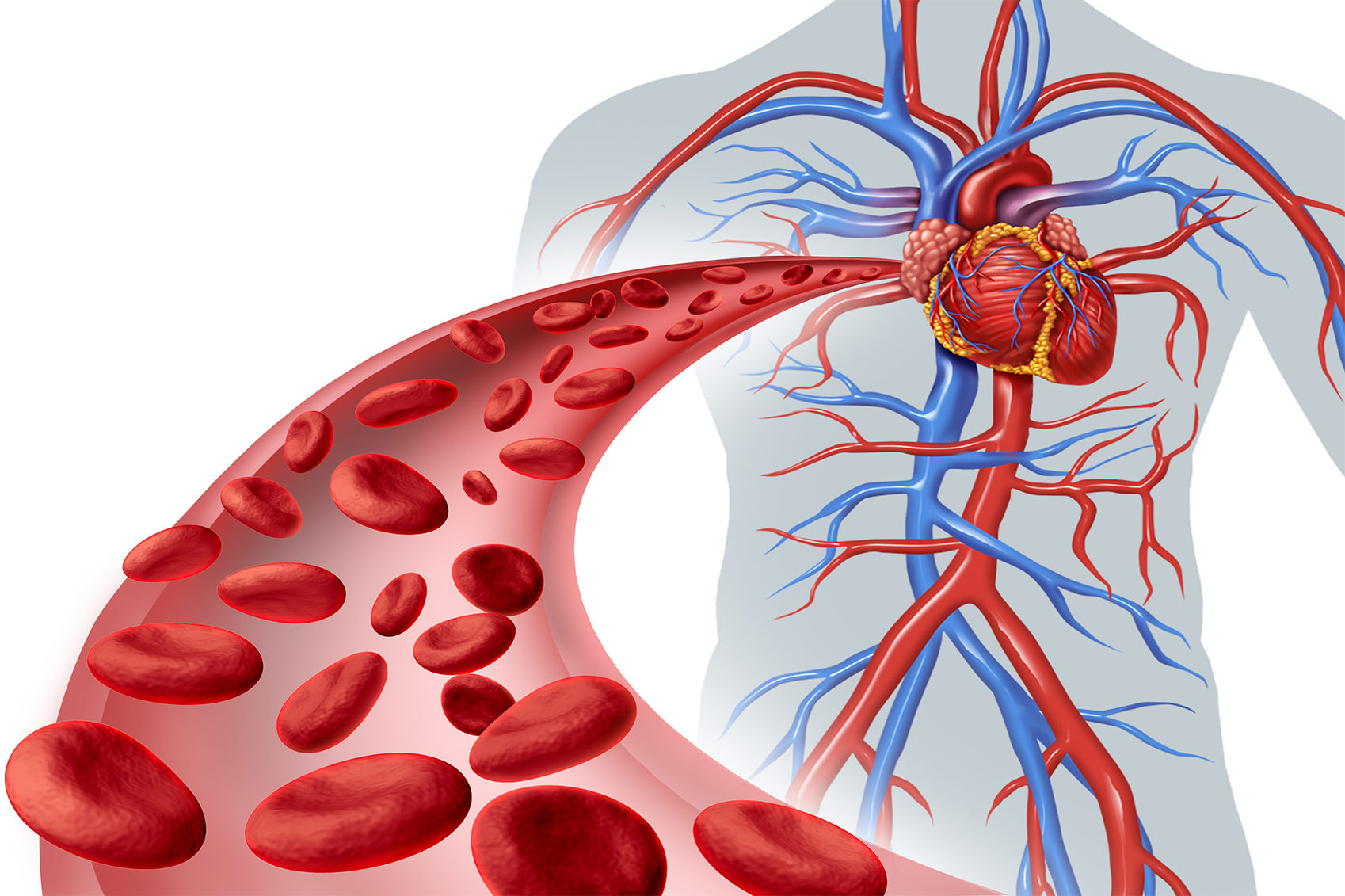Large doses of an omega-3 fatty acid in fish oil sharply reduced the rate of cardiovascular events in people with a history of heart disease or Type 2 diabetes.Cardiologists may one day have a new tool to help prevent heart attacks and strokes in some high-risk patients: a prescription drug that contains large doses of EPA, an omega-3 fatty acid contained in fish oil.The findings were particularly relevant for people with high triglycerides, a type of fat in the blood that has been linked to an increased risk of heart disease. The new trial, called Reduce-IT, focused on people whose cholesterol levels were well controlled with statins but whose triglyceride levels remained very high. Many cardiovascular experts were doubtful that adding fish oil on top of statins would produce much if any benefit because a number of smaller and less rigorous studies over the years had failed.But the new trial showed that statin-treated adults with elevated triglycerides who were prescribed high doses of the purified EPA had a 25 percent reduction in their relative risk of heart attacks, strokes and other cardiac events compared to a control group of patients who received placebo.Fish oil has long been a popular supplement to protect against heart disease. It contains high levels of omega-3 fatty acids, primarily EPA and DHA, which reduce inflammation and lower triglyceride levels. Omega-3 fatty acids also have blood-thinning effects similar to those of aspirin.
- 0

